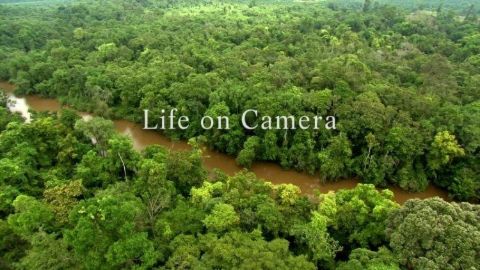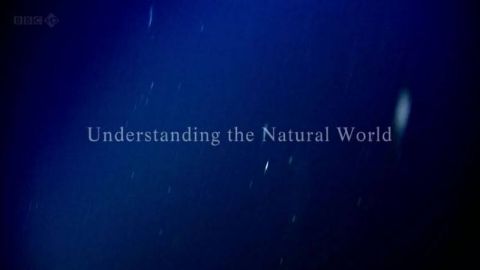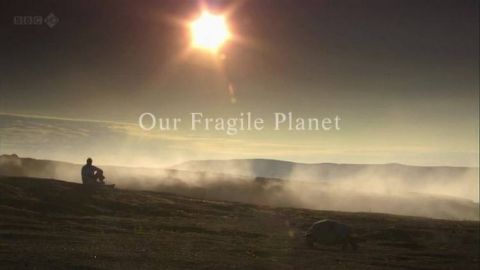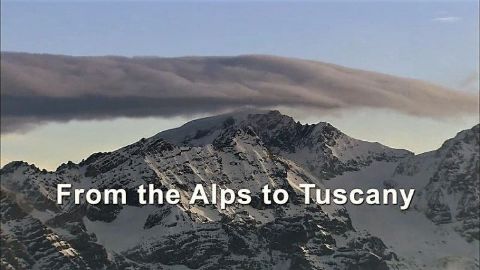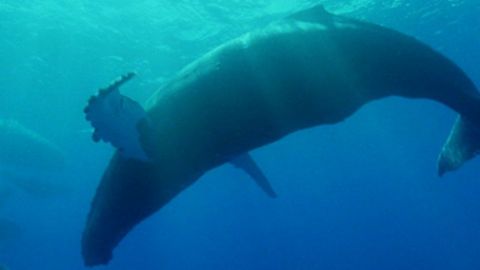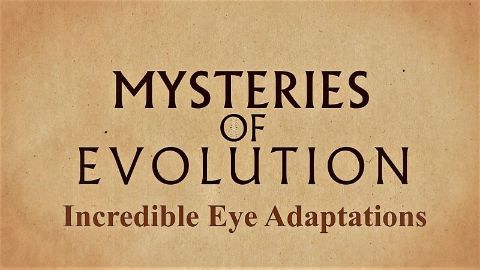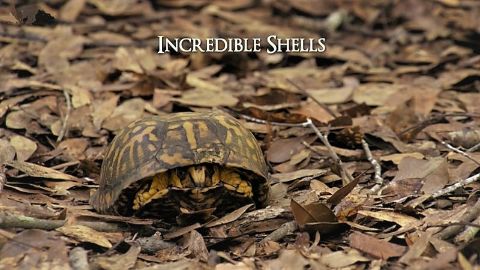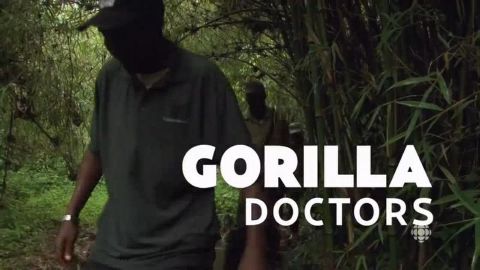Attenborough: 60 Years in the Wild • 2012 • 3 episodes •
Sir David Attenborough gives his unique perspective on over half a century of innovation in wildlife filmmaking. He revisits key places and events in his filming career, reminisces with his old photos and reflects on memorable wildlife footage - including him catching a komodo dragon and swimming with dolphins. Returning to his old haunts in Borneo he recalls the challenges of filming in a bat cave and shows how with modern technology we can now see in the dark.
2012 • Nature
David Attenborough reviews the scientific discoveries that have transformed our view of life on earth during his lifetime. How and where did life first begin? How do continents move? How do animals communicate? And why do they behave the way they do? Sir Attenborough shares his memories of the scientists and the breakthroughs that helped shape his own career. He also recalls some of his most memorable attempts to bring new science to a television audience - by standing in the shadow of an erupting volcano as lumps of hot lava crashed around him, by being charged by a group of armed New Guinean tribesmen and the extraordinary sight of chimps hunting monkeys, captured on camera for the first time by Attenborough and his team.
2012 • Nature
In the final film, he reflects on the dramatic impact that humankind has had on the natural world within his own lifetime. He tells the surprising and deeply personal story of the changes he has seen, of the pioneering conservationists with who he has worked - and of the global revolution in attitudes towards nature that has taken place within the last six decades. In a journey that takes him from the London Zoo to the jungles of Borneo, Attenborough reveals what inspired him to become a conservationist. He remembers classic encounters with mountain gorillas, blue whales and the giant tortoise, Lonesome George. These are all characters that have helped to change public attitudes to the natural world.
2012 • Nature
